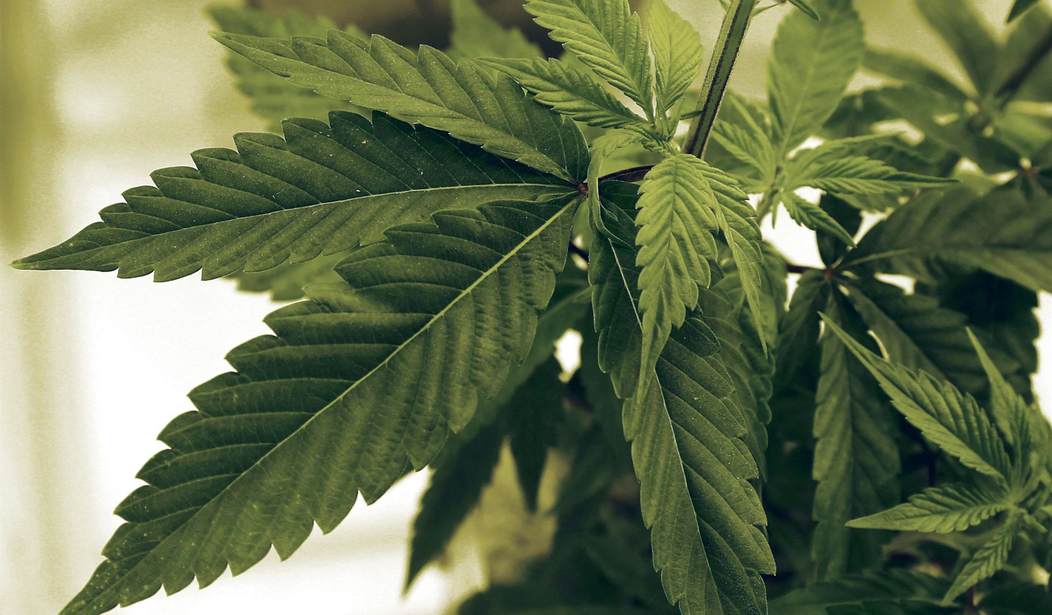The U.S. House of Representatives on Friday voted largely along party lines to pass legislation to decriminalize marijuana possession at the federal level.
Passed by a 220-204 vote, the bill had three Republicans – Reps. Matt Gaetz (FL), Brian Mast (FL) and Tom McClintock (CA) – vote in favor while two Democratic congressmen, Reps. Chris Pappas (N.H.) and Henry Cuellar (TX), opposed it.
The Marijuana Opportunity, Reinvestment and Expungement Act introduced last year by Rep. Jerrold Nadler (D-N.Y.) would clear marijuana-related convictions from a person's criminal record and would formally remove the substance from the federal list of controlled substances.
The legislation would also impose a federal tax on marijuana sales to fund programs designed to support communities affected by anti-drug policies that established harsh penalties for the distribution and use of illegal drugs.
The sales tax would begin at 5 percent but would gradually rise to 8 percent over the course of five years.
Nadler opened debate on the House Floor by calling his bill a "long overdue legislation that would reverse decades of failed federal policies based on the criminalization of marijuana."
"For far too long, we have treated marijuana as a criminal justice problem instead of as a matter of personal choice and public health," he said.
Prior to the bill's passage, Rep. Jamie Raskin (D-MD) proposed an amendment to bar federal agencies from denying federal workers security clearances over cannabis use but the amendment was rejected. Two amendments focused on marijuana-related research were adopted.
Recommended
A similar version of the MORE Act passed the House in 2020 before stalling in the Senate.
Senate Democrats have introduced a similar legalization bill in the upper chamber, although neither bill is expected to clear the 60-vote threshold needed to pass the Senate.
According to the Centers for Disease Control and Prevention, Marijuana is the most frequently used federally illegal drug in the U.S. with approximately 48 million people, or about 18 percent of Americans, having used the substance at least once in 2019.

























Join the conversation as a VIP Member